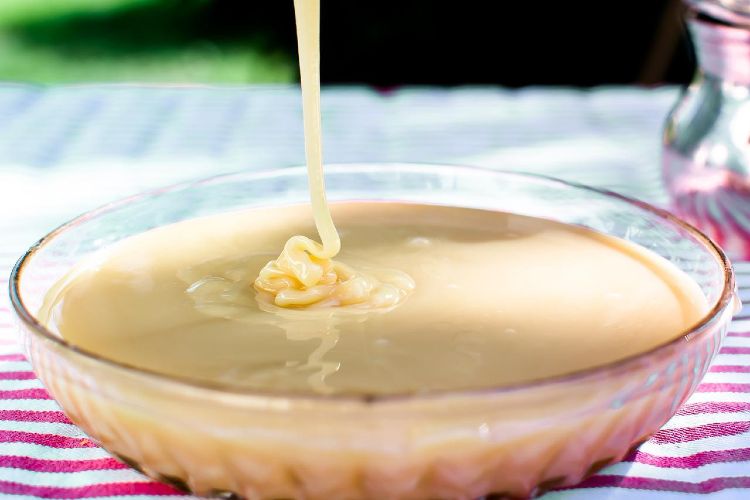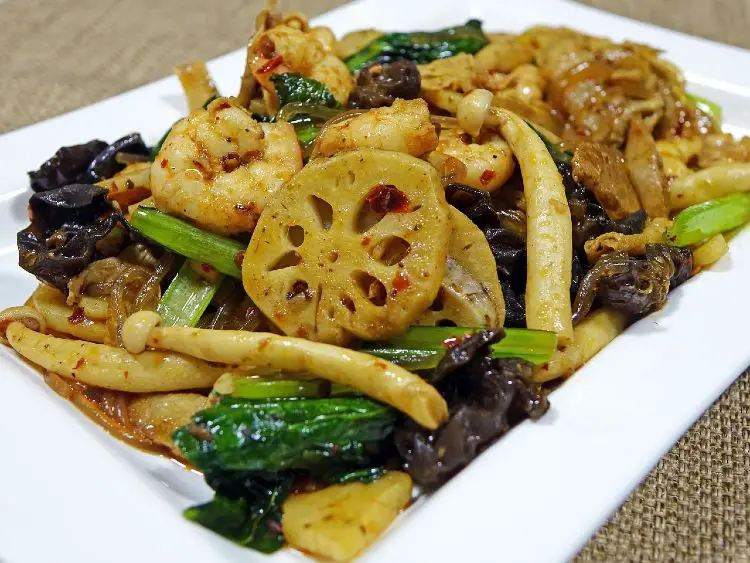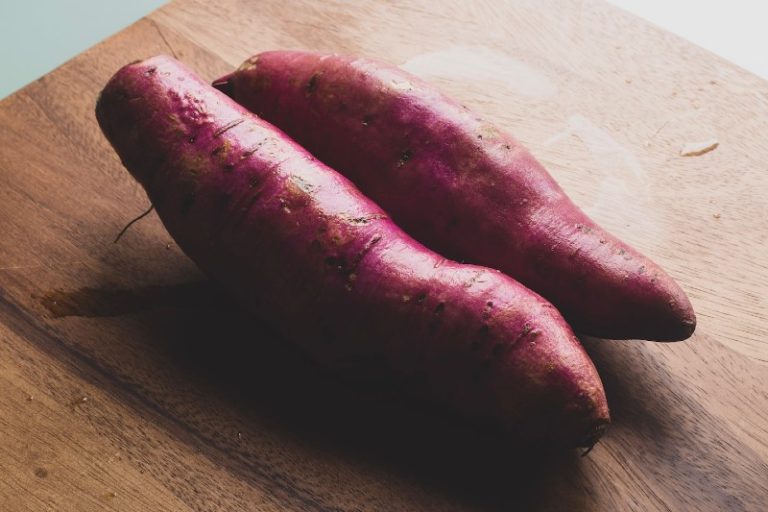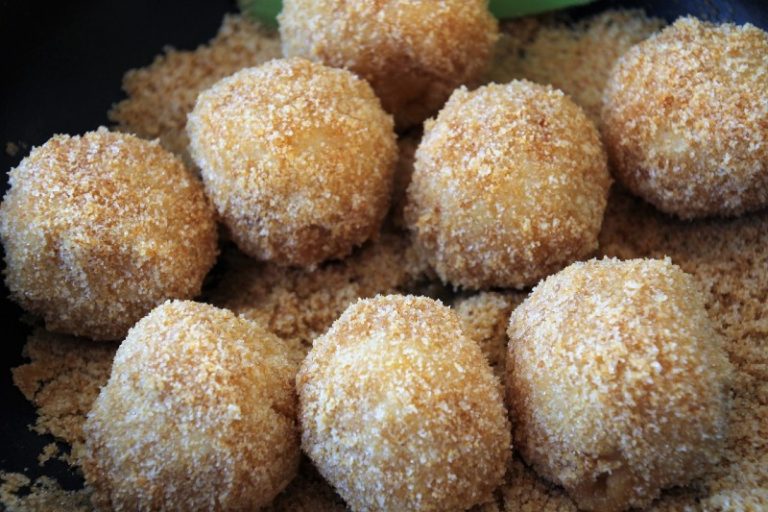Talking Ice-cream with Ben Vear
Looking across the Rodborough hills I can see the church spires of Stroud, tall grass and lilac wild orchids waving in the June sun behind me. Home to the rare pasque flower and the rarer still Adonis blue butterfly, this 300 acre stretch of land has been owned and run by the National Trust since 1913, cattle grazing its open Neolithic pastures and visitors rambling through its Arcadian landscape replete with wooden walking sticks, dogs, thermos flasks, picnic baskets and backpacks.
I am here to meet Ben Vear, youngest scion of the Winstones Ice Cream family. Aged just 22, and still a Business undergraduate at De Montfort University in Leicester, he has taken over the marketing reins of his family’s artisanal ice cream making business. He is telling me that Rodborough Common is such a vast expanse of land that the Germans plotted to land their aeroplanes on it in their invasion of Britain. Italian prisoners of war stationed in a house just across the road from Winstones Ices were made to dig random holes all over the limestone grassland in order to prevent the aircraft wheels from accomplishing a landing.
In the ice cream shop, which is barely the size of a small garage, Ben shows me some 1930’s black and white photographs which they have framed and hung. In the photo a young, handsome boy dressed in full Sunday best, is looking straight at the camera whilst licking an ice cream cone he has just bought from Ben’s great grandfather, Albert Winstone, who originally set up the business with a bicycle cart in 1925.
“It’s awful to think that, not long after that photo was taken, that young boy would have been sent to war” said Ben. A young lady standing next to him in the photograph, recently contacted the family as she recognised herself in the local newspaper, whose writers were doing a feature on the business and had printed that very image.
“This is why my elder brother Tom (25) and I wanted to come and work for the family business. It is like an institution round here. People come to the shop to buy ice cream and tell me that they remember my great grandfather, or my grandfather, and now my mother Jane is in charge of the business. We were part of their childhood back then, and we are now part of their grandchildren’s childhood.”
At the beginning of the 20thCentury much of the land around here was a huge golf course, and the young Albert Winstone spotted a gap in the market to sell ice-cream, hot toddies, fresh drinks and snacks to the golfers and their families. What was eighty-five years ago a small wooden shed is now a commercial undertaking of ten full time professionals in the off-peak season, plus ten part-time helpers employed in the summer season, producing one million litres of organic cream ice-cream, sold widely across farm shops, delicatessens, restaurants, pubs and even supermarkets as well as to the two hunderd thousand visitors which make their way every year to this little edifice.
Jane, Colin (Ben’s father) and Ben tell me how some Waitrose and Asda branches in and around the area like to stock local producers and are supportive of smaller artisanal family enterprises. I am doing a little tasting in the shop, and first up is “Damson and sloe gin” ice-cream, which Ben has created and written up in his forthcoming book, “Make your own organic Ice Cream: Using home grown and local produce”, published by Spring Hill Books in October 2011. Then I eat the chocolate ice cream, made from Divine’s Fairtrade 80% solid, dark cacao chocolate, and then strawberry ice cream, which is made, like all their fruit ice creams, using fruit sourced from a fruit farm near Ledbury. I spy “Honey and Ginger”, “Butterscotch”, “Raspberry Ripple” and Ben tells me about their sorbets: lemon, orange, raspberry and champagne and elderflower.
Their ice-cream is very different from the gelato I used to eat as a child, because Italian gelati contain lots of egg yolks, whereas British ice-creams contain lots of milk and cream. These ice-creams taste of lactic sweetness, a smooth, velvety softness and freshness enveloping the taste buds. The taste is very subtle on the palate, fragrant, delicate and light, evoking holidays by the Cornish seaside and tea rooms in the lush Devon countryside.
“We need to wean children off the taste of products like Ben and Jerry’s ice-creams,” explains Ben “They are now owned by Walls Ice Cream and are packed with sugar and so many flavourings that you can no longer taste what the ice cream is actually about, so that the fundamental flavour is dumbed down.”
The milk and cream that is used to create Winstones ice creams comes from a herd that grazes on the Rodborough common, milked by Woefuldane Organics (www.woefuldaneorganics.co.uk), the packaging for their tubs comes from Stonehouse, which is approximately 2 miles away, they stock other local producers’ goods, like Selsley and Kitchen Garden’s (www.kitchengardenpreserves.co.uk) chutneys, jams, pickles and syrups and participate and support as many local initiatives and charities as they can. Their milk supplier does not have a route to market, so when the Vear family go round selling their ice cream to chefs and shops, they also help to sell their milk, cream and cheese locally.
The word “local” enters Ben’s vocabulary like confetti sprinkled at a wedding. He is convinced that for small family businesses to prosper they need to think constantly about sourcing from their locality and serving their loyal, local customers.
And there is another concern that is turning in this young man’s brain: the environment. The business has halved its electrical consumption by using a steam exchanger which changes the temperature of the ice cream. They have reduced their waste to landfill by half and they count every single food mile for deliveries, trying to make the business as environmentally friendly on as many levels as possible.
He wants to show me the ice cream making process and we enter the workshop where huge steel vats are swishing round gallons of cream. In one section there is a large steel container from where the chocolate chips or the fruits and flavours are placed, to be mixed into the main mixture. The turning liquid cream goes from 1 or 2 degrees above zero, through into pipes that channel it across into a continuous freezer, at minus 5 degrees, and 600 litres of ice cream are pumped out into cardboard tubs and Tupperware freezer boxes every hour.
Round the back there is a freezer cold storage room, and ice cream is stored here at minus 20 degrees. The cold air that is released while Ben goes into the room bites at my skin, and I ask him how working conditions are in the winter. He tells me it is really hard, especially when it is cold and raining, and the process just needs to be going forward because the orders keep coming. He tells me that the ice-cream in the main shop freezer has a sell-by date of around 6 months, but actually he refills that freezer on an almost daily basis in the summer.
Jane Vear, who recently won Gloucestershire’s “Most Innovative Business Woman of the Year Award”, confesses that she is very surprised, albeit glad, that her two sons have decided to work in the family business. “We would never have started with anything like Twitter or Facebook if it had not been for them”. They agree that social media has been an extremely useful business tool to get the brand name spread further afield, in what is, a very competitive market.
In his new book Ben has tried to broaden the frontiers of ice-cream perceptions. He wants people to experiment more with savoury flavours, such as wasabi, tomato and goat’s cheese ice-cream, to be served with starters and main courses. He includes all the traditional flavours, in recipes that are written in a frugal, simple fashion for every home cook to understand, whilst including some more accomplished ideas and recipes for more modern connoisseurs and gastronomes. Colin laughs “But our main customer base loves the more traditional flavours, and they do not like change. If we try to change anything they come back and tell us they are not happy!”
In a changing world, Winstones Ices has been an unchanging, vernacular sanctuary of home produced treats. Despite the shiny machinery, the fleet of vans and the row of files and computers, what lies at the very heart of this initiative is the sort of narrative that The Foodie Bugle digs deep and hard to unearth: a passionate and long-standing family working together across generations to make a unique and compelling product without recourse to million pound marketing and PR budgets. If Britannia is a nation of shopkeepers, then I have found a gem of a shop, its diminutive presence belying much greater aspirations, in a very English setting that will make your heart sing.
Contact Details
Website: www.winstonesicecream.co.uk
E-mail: [email protected]
Follow on Twitter: @WinstonesIces




